According to the Institute of Education Services, over 21 million students will attend an American college or university this year. Assuming there are roughly twice as many nail-biting parents concerned their sons and daughters might complete their education four years older and none the wiser, I’d like to offer some ideas to help maximize the benefits long after graduation day.
Before we get rolling, let’s address what I consider the benefits of going to college. Keep in mind—everyday—these benefits only have a fighting chance of outweighing the cost (Is the Cost of College Really Worth It?) if you practice achieving them!
- Gain knowledge.
- Learn to live as an adult.
- Situate yourself for your first job.
- Lay the foundation to enjoy a fulfilling career.
Most people behave in a transactional manner as it relates to college—they put themselves through it to get a good, first job. That focus is not only shortsighted, but also causes the student to miss out on the most important long-term benefits of attending.
Let’s have a look…
Pick the right college or colleges. This comes down to two areas—your interests and economics. If you were interested in engineering, don’t attend Harvard when you can go to any one of dozens of other schools stronger in that area (US News). You might also want to consider a junior college before hopping to a large, expensive university. The economics are better and you won’t sacrifice any earning power once you’re done.
Choose the right major. Study what you love not what you think society considers acceptable. I’m sure for some of you, your parents will be the issue. Sometimes Mom and Dad don’t want to pay for the basket weaving degree. If that’s the case, go as generic as possible (Business, Liberal Arts). In most cases, you won’t use the specific knowledge you attained at school. You’ll learn what you need to know while working for your companies. I studied Electrical Engineering and started my career in Information Technology consulting. My first duties required me to wear a tie and develop software in a language I’d never seen before. Now, I wear pajamas to work, am a recruiter, and write books on employment. I’m the norm not the exception.
Question everything. It’s easier to believe a lie you’ve heard a thousand times than a truth you’ve heard once. I assure you, you will hear many lies. What you learn isn’t ultimately a function of what they teach you. What you learn is ultimately your application of what the teachers are attempting to teach you. If what they teach you sounds peculiar, it probably is. Never forget that the only way our society makes progress is when someone does something differently. That someone needs to be you. Start building your courage now.
Simulate real-life situations. You only get return on your investment if you can apply what you learn beyond your college years. That becomes easier to do if you prepare for it. Whether you reflect at the end of each class, midway through the semester, or at the end of the course, make sure to connect the dots between what you learned and how you think it can help you in life. If you can’t figure out how to do this, you went to the wrong school or picked the wrong major or have a really bad teacher or some combination of all three. Go back to items one and two and start over.
Seek opportunities to practice what you learned. The previous point focused on simulation, but this is about actually doing. Get a job in your field. If you can’t, get a job that will teach you similar skills. If you can’t do either of those, volunteer. Believe me, this item will likely yield the greatest dividends.
Monitor your areas of interest and follow or connect with professionals in that space. The sad fact is you will gain more knowledge and insight by following prominent leaders than sitting in your classroom reading the textbook. They are writing, speaking, or blogging about current events and issues. Follow them on sites such as LinkedIn, Twitter, and Facebook. Many of them have blogs to which you can subscribe. You can also follow companies and review their job. It’s better to get a sense now of what that job actually entails than discovering it as an unhappy employee.
Build your social media platform and keep it clean. It’s never too early to show the world you are knowledgeable and fun. Check out Your Social Media Platform: 7 Steps to Building a Strong Reputation. You will also want to review Time for a Social Media Shower? lest you’ll need to deodorize those unflattering pictures.
Get credentialed. If you’re studying a major (Engineering, Information Technology, etc.) where you can get additional certifications, go get ‘em. You should also seek training or other volunteering opportunities.
Focus on the “living” part just as much as the “learning” part. Wake up. Make your bed. (Yes, make it.) Shower. Go to class. Play intramural sports. Go grocery shopping. Wash your clothes. Go to the campus bars. Join the clubs. Buy your girlfriend or boyfriend a gift. Repeat.
Hang on to everyone’s contact information. They’ll be somebody someday and you’ll likely need them. Trust me. Maybe you’ll be somebody someday and you can help them. Hope for the latter. Plan for the former.
Style your resume and keep polishing it. When you’re eighteen years old, imagine the resume you’d like to have when you’re twenty-two years old. Write it now! Then actually do it and start filling it in. Consider it your list of goals for college. It’s amazing how much you can achieve when you envision it and write it down. If you need a little help with what that could look like, check out The Ultimate Resume for any 22-Year-Old.
Learn how to interview for a job. Read Interview Intervention: Communication That Gets You Hired.
I’d love to hear from you. What else do you think you can do to maximize your college experience and position yourself for the rest of your life?
If you enjoyed this article, you can find other wonderful tips and tricks related to life and work via the usual social spots at LinkedIn, Twitter, and Facebook.
Check out this free offer for The Ultimate 22-Year-Old’s Survival Guide for Work & Life!
I’m offering this free guide with more than 150 lessons on how to get everything you want out of your career and life.
Inside you’ll find guidance in several areas such as:
- Taking action during college to set up the life you want
- Developing and build a winning attitude for life
- Building your own mentor
- Figuring out your purpose in life
- Designing a killer resume and LinkedIn profile
- Jumpstarting a successful job search
- Avoiding key job search mistakes
- Negotiating your job offer
- Understanding effective and timeless communication techniques
- Learning great professional and personal etiquette
- Staying focused
Just click the picture to get the free guide!


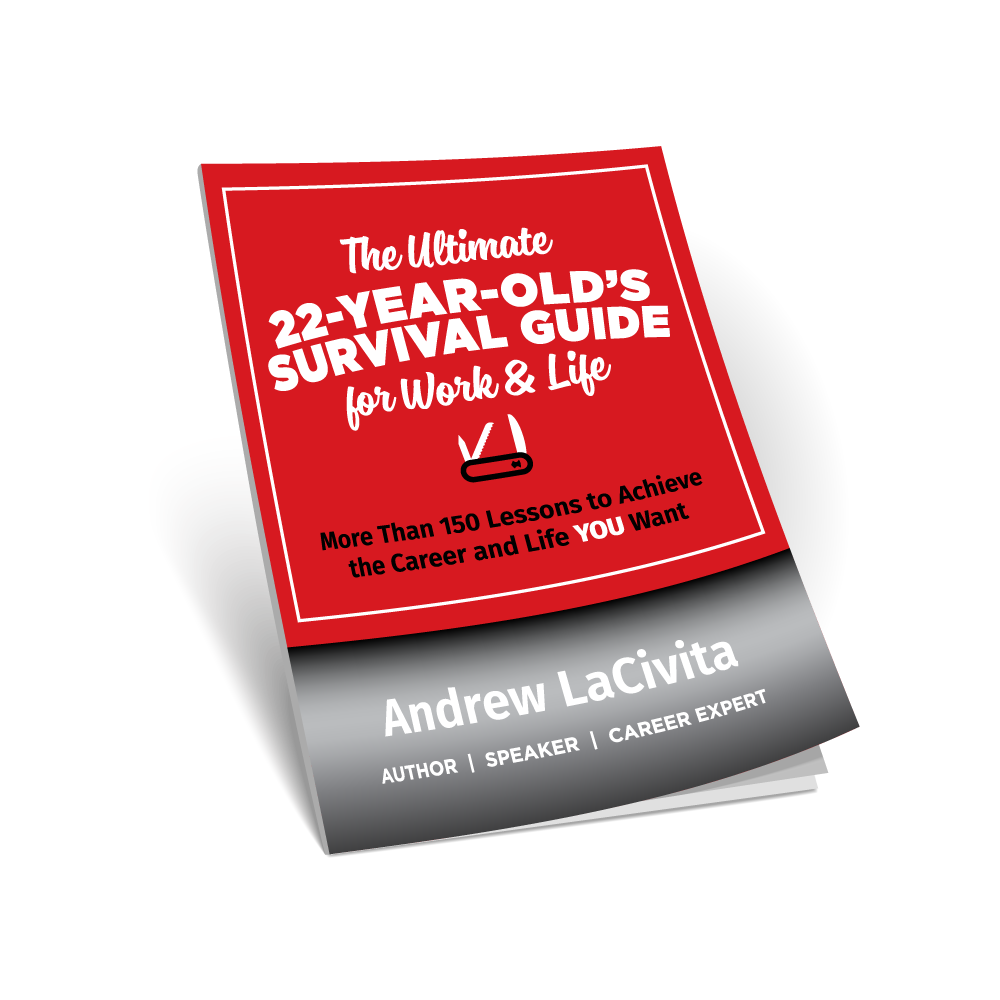

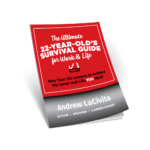

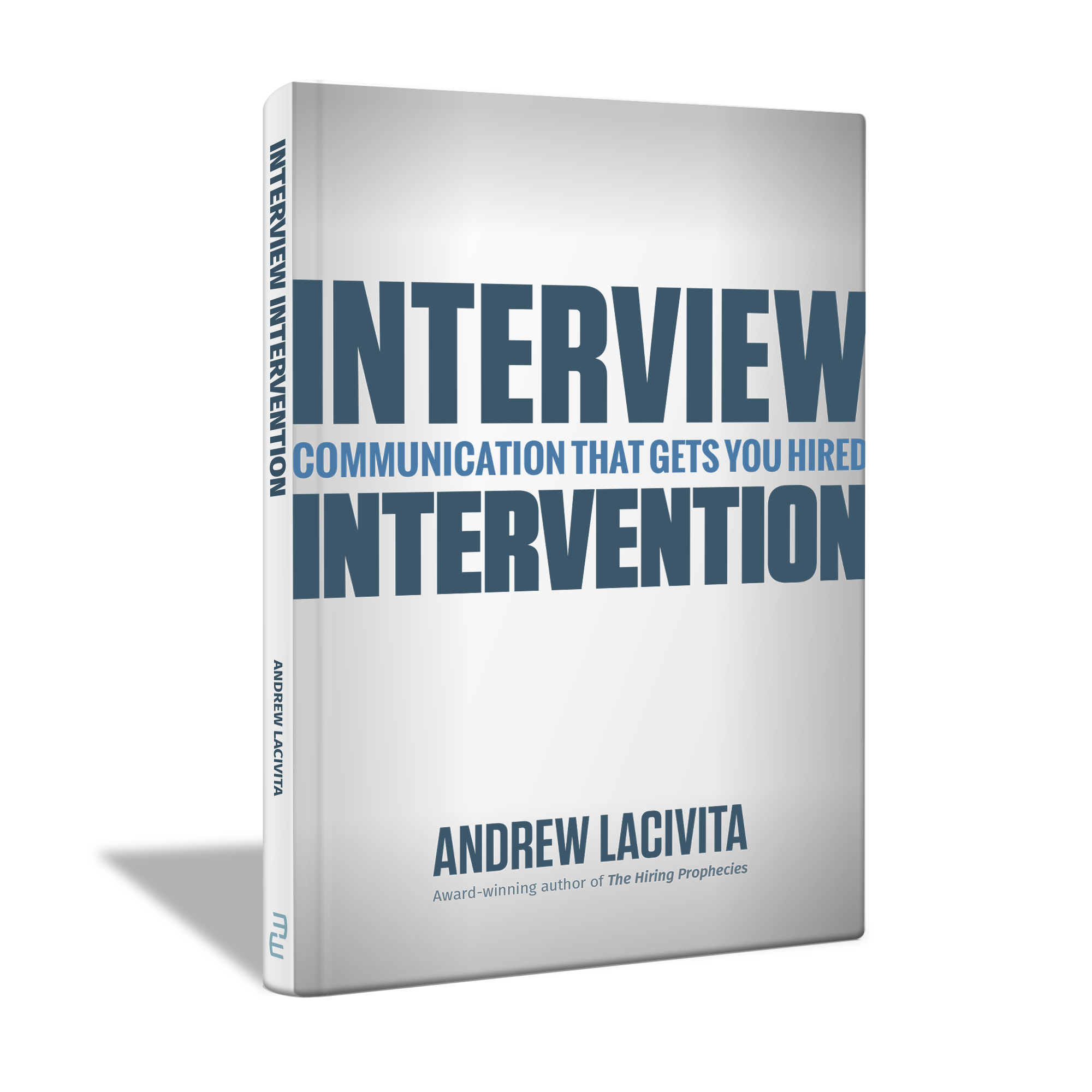
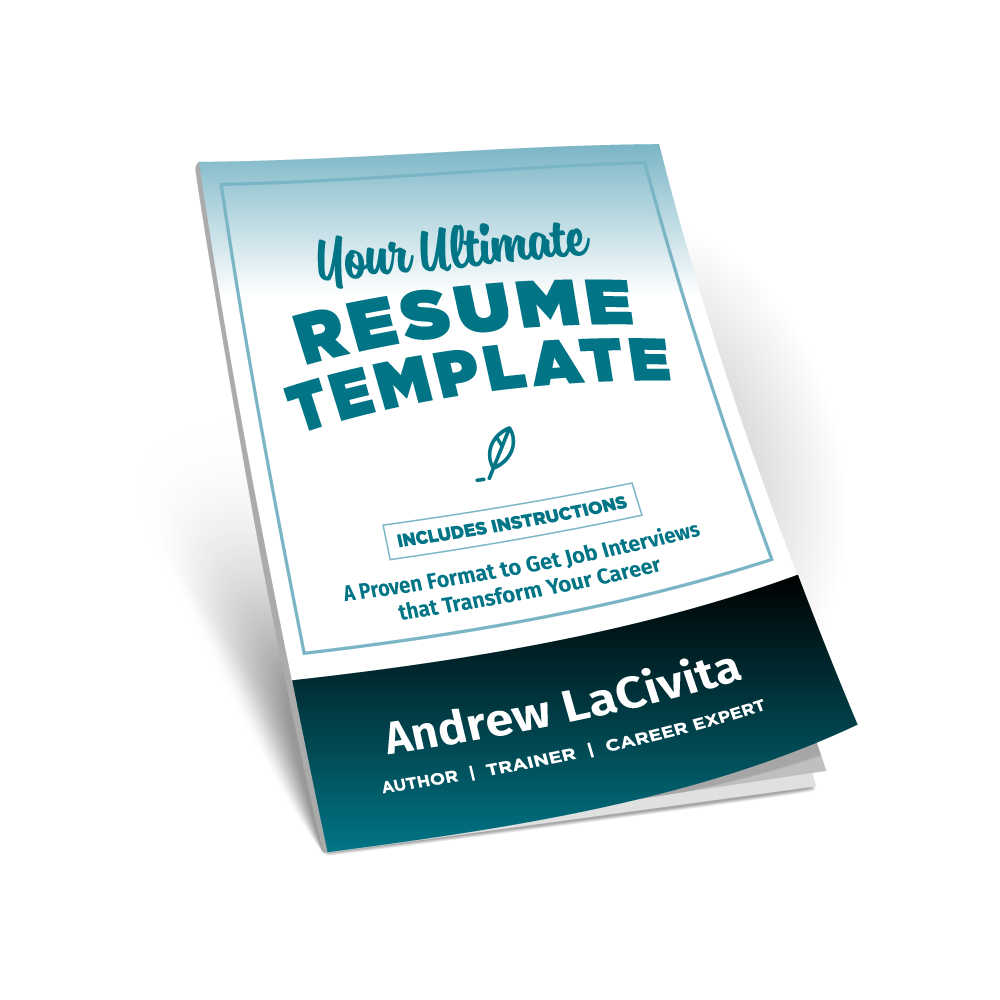
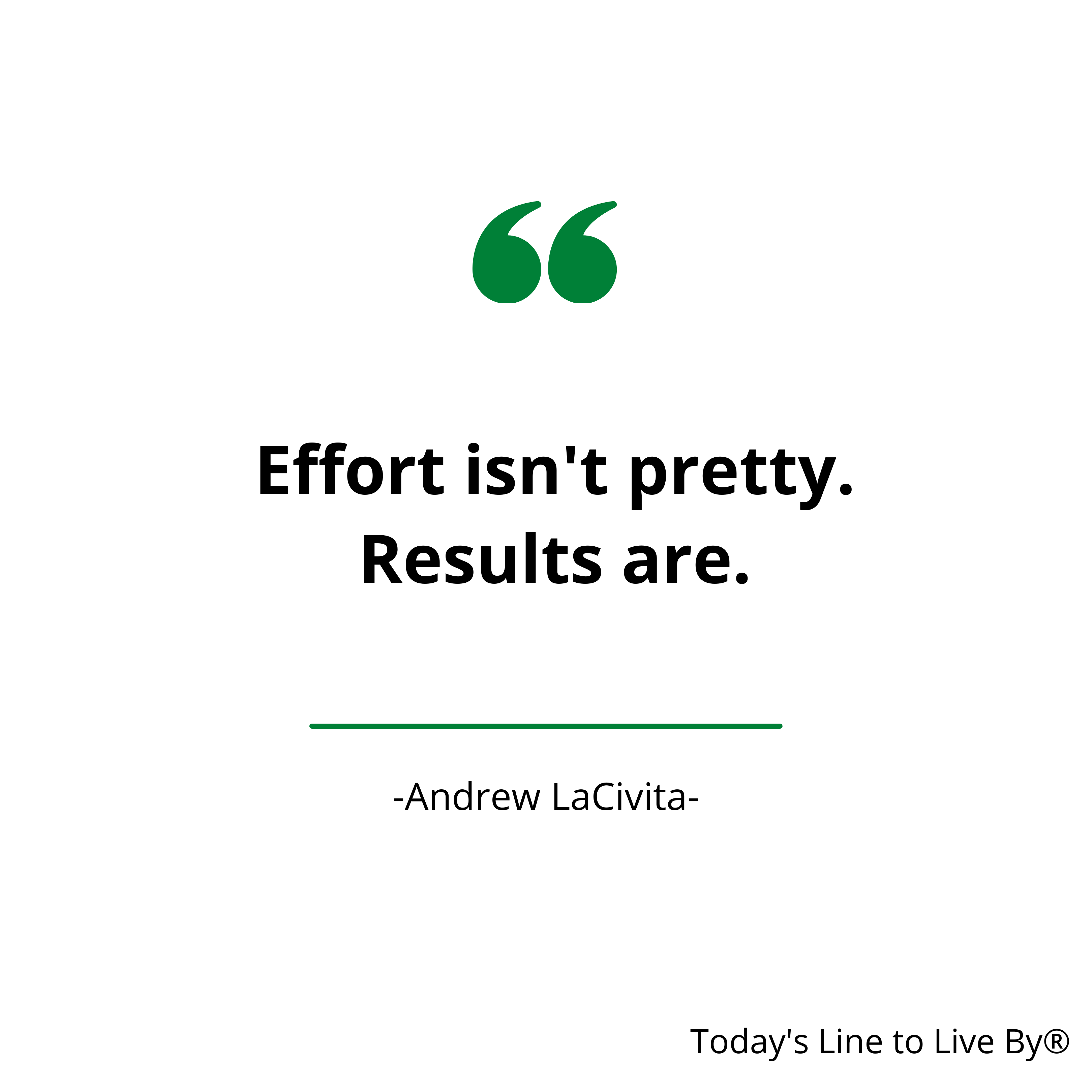
Leave A Comment